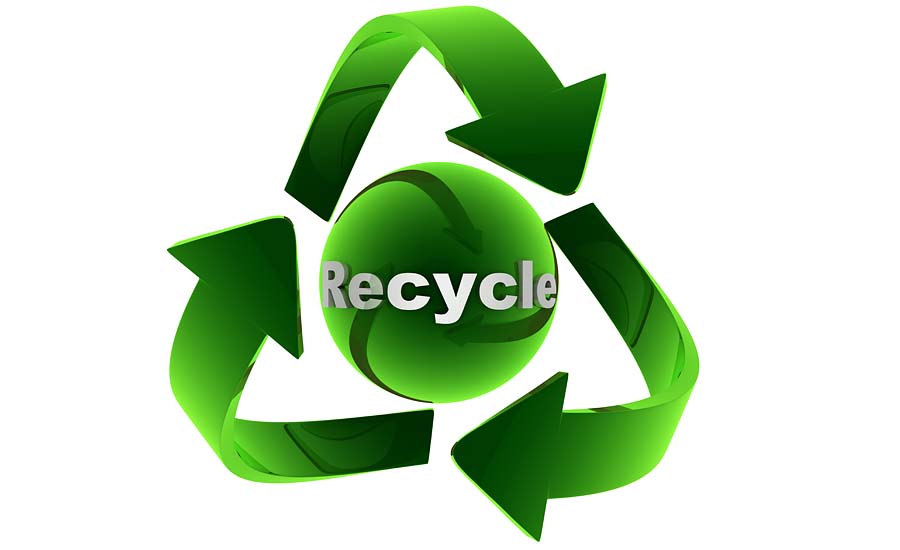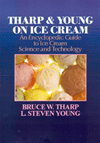BP introduces technology to recycle currently unrecycled PET plastic
BP announced plans to construct a $25 million pilot plant in Naperville, Ill., to prove its chemical recycling technology before progressing to full-scale commercialization.

BP, London, developed what it described as an enhanced recycling technology called BP Infinia, which enables currently unrecyclable polyethylene terephthalate (PET) to be transformed back into new, virgin-quality feedstocks.
In addition, BP announced plans to construct a $25 million pilot plant in Naperville, Ill., to prove its chemical recycling technology before progressing to full-scale commercialization.
“We see our Infinia technology as a game-changer for the recycling of PET plastics. It is an important stepping stone in enabling a stronger circular economy in the polyester industry and helping to reduce unmanaged plastic waste,” says Tufan Erginbilgic, downstream chief executive.
BP Infinia technology is designed to turn difficult-to-recycle PET plastic, such as black food trays and colored bottles, into recycled feedstocks that are interchangeable with those made from traditional hydrocarbon sources. These recycled monomer feedstocks can then be used to make new PET packaging that may be recycled again and again. This could reduce the need for downcycling and divert plastic from landfills and incineration.
“BP is committed to fully developing and commercializing this technology. We have long experience and a proven track record of scaling technology, and we firmly believe that this innovation can ultimately contribute to making all types of polyester waste infinitely recyclable,” adds Charles Damianides, vice president of petrochemicals technology, licensing and business development.,
The new pilot plant, which is planned for its research and development hub, is expected to be operational in late 2020.
Looking for a reprint of this article?
From high-res PDFs to custom plaques, order your copy today!







